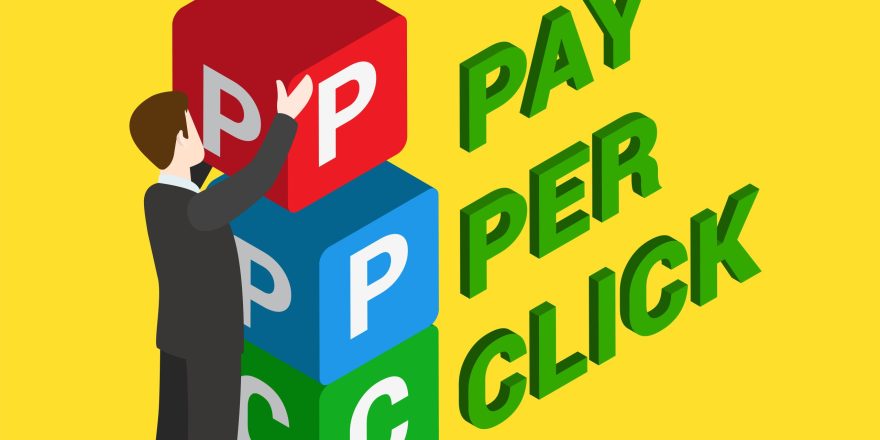Introduction
No marketer likes to admit failure, especially when it comes to Pay-Per-Click (PPC) campaigns. But the truth is, failed campaigns can be a goldmine of information — if you know how to interpret them. Every click that didn’t convert, every bounce, and every abandoned cart tells a story about your audience’s mindset.
Instead of viewing a failed PPC campaign as a sunk cost, think of it as a deep dive into customer psychology — a unique opportunity to better understand what your target audience truly wants, fears, and values.
1. Clicks Without Conversions Reveal Mismatched Intent
Understanding User Motivation
A common sign of a struggling PPC campaign is high click-through rates (CTR) but low conversions. This often points to a mismatch between the user’s intent and the offer presented.
What it teaches you:
- Curiosity vs. Buying Intent: People may click out of curiosity, but curiosity doesn’t always equal readiness to buy.
- Misleading Messaging: If your ad promises something your landing page doesn’t deliver, users feel tricked—and bounce.
Takeaway:
Align your ad copy and visuals closely with the actual landing page experience. Meet users where they are in the buyer’s journey rather than forcing a sale too soon.
2. High Bounce Rates Expose Emotional Disconnects
Winning Hearts Before Minds
If your landing page experiences a high bounce rate, it may be failing to connect emotionally with visitors. Today’s consumers make decisions driven largely by emotion, not logic.
What it teaches you:
- Emotional Triggers Matter: Without a strong emotional hook, even the best offer can feel flat.
- First Impressions Are Critical: Users decide within seconds if a page resonates with them.
Takeaway:
Use storytelling, compelling visuals, and emotional headlines to create an instant bond. Highlight benefits, not just features.
3. Ad Fatigue Shows the Need for Psychological Variety
The Danger of Repetition
Running the same ads for too long can lead to ad fatigue, where users become “blind” to your messaging. This is a psychological response known as habituation — when repeated exposure to a stimulus leads to reduced reaction.
What it teaches you:
- Humans Crave Novelty: Freshness grabs attention and rekindles interest.
- Context Matters: Changing seasons, trends, and moods affect how ads are perceived.
Takeaway:
Rotate your creatives regularly. Refresh your ad visuals, offers, and even formats to reignite interest and maintain engagement.

4. Poor Targeting Reflects a Misunderstanding of Audience Personas
Know Your Buyer, Not Just Your Product
Targeting the wrong audience will sabotage even the most polished campaign. If your ad performance varies wildly across demographics, it’s a sign that your customer personas are off.
What it teaches you:
- Surface-Level Demographics Aren’t Enough: True targeting involves psychographics — values, interests, lifestyles.
- Micro-Segmentation Works: Smaller, more specific audiences respond better to tailored messaging.
Takeaway:
Update your audience research. Build personas based not just on “who they are,” but “why they act.” Speak to specific problems, dreams, and motivations.
5. Price Sensitivity Signals the Importance of Value Perception
It’s Not Always About Being Cheaper
If you notice a significant drop-off at the pricing or checkout stage, it could reflect a psychological resistance related to perceived value — not just the price tag itself.
What it teaches you:
- Value > Cost: Customers must feel they’re getting a worthwhile deal, even if the price is high.
- Risk Aversion Is Real: People fear wasting money or making the wrong choice.
Takeaway:
Emphasize value over cost. Use testimonials, guarantees, and clear benefit statements to overcome hesitation and minimize perceived risk.
Conclusion
Failure isn’t final — it’s feedback. Every failed PPC campaign contains valuable insights about customer psychology, from how people make decisions to what triggers emotional reactions.
By studying your campaign’s missteps, you’ll uncover patterns and preferences that no textbook could ever teach. The real win comes when you apply these lessons to build smarter, sharper campaigns that resonate deeply with your audience — turning past failures into future victories.
So the next time a PPC campaign flops, don’t just kill it. Study it. Learn from it. And come back stronger than ever.





